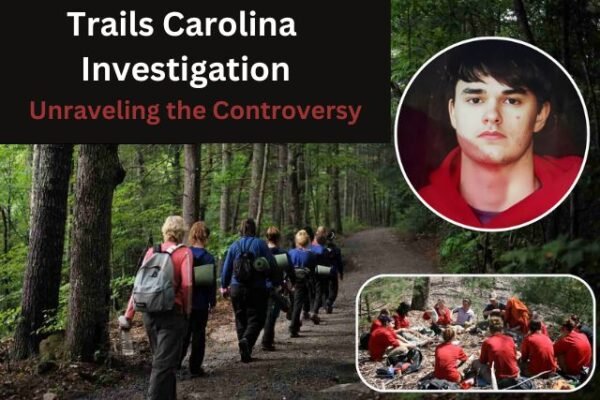The C.W. Park USC lawsuit has emerged as a significant legal battle, drawing attention to issues of academic integrity and ethical standards within higher education institutions. This comprehensive analysis aims to shed light on the complexities of the case, the implications for the academic community, and the broader societal impact.
Table of Contents
ToggleOverview of the Legal Battle
The Allegations and Accusations
The lawsuit centers around Dr. Choong Whan Park, a former professor at the University of Southern California (USC), who is facing serious allegations including sexual harassment, sexual assault, and discrimination. The lawsuit accuses Dr. Park of being a “serial sexual predator” with a history of assaulting and harassing USC’s female students. The claims suggest a pattern of non-consensual physical contact and inappropriate comments dating back to 2011.
Legal Proceedings and Current Status
The legal battle between C.W. Park and USC is multifaceted, involving accusations of academic fraud, contractual breaches, and infringement of intellectual property rights. Dr. Park asserts that USC failed to acknowledge his contributions and provide necessary support for his research endeavors, raising questions about the responsibilities of academic institutions toward their faculty. The next hearing in the case is scheduled for February 20, 2024, which will determine whether the lawsuit will proceed to the discovery phase or be dismissed.
Broader Implications and Public Perception
Impact on Higher Education and Academic Community
The lawsuit has far-reaching implications for the field of higher education, highlighting the challenges universities face in balancing academic freedom and institutional interests. It has sparked discussions about the responsibilities of universities to protect intellectual property rights and uphold academic integrity. The case also underscores the importance of clear communication, transparency, and robust mechanisms for addressing grievances within academic institutions.
Public Reaction and Media Coverage
The C.W. Park USC lawsuit has garnered significant public and media attention, raising critical questions about discrimination, retaliation, and diversity issues in academia. Legal experts and scholars have provided diverse perspectives on the case, emphasizing the need for universities to foster a fair and inclusive environment for all members of their community. The outcome of the lawsuit is expected to influence policies and practices at USC and other universities grappling with similar issues.
Conclusion
The C.W. Park USC lawsuit represents a landmark case in academia, bringing to the forefront the complexities and nuances of intellectual property, academic freedom, and institutional accountability. As the legal proceedings unfold, the case continues to spark conversations and raise critical questions about the responsibilities of universities in fostering an equitable and inclusive environment. The implications of this lawsuit extend beyond the parties involved, offering valuable lessons and setting precedents for the broader academic community and the field of higher education. The case of C.W. Park against USC serves as a stark reminder that the pursuit of justice and equality is an ongoing journey, even in the esteemed realm of higher education.
FAQs
What is the C.W. Park USC Lawsuit About?
The lawsuit involves allegations against Dr. Choong Whan Park, a former professor at the University of Southern California (USC), including sexual harassment, sexual assault, and discrimination against female students.
What Are the Implications of the Lawsuit?
The lawsuit has far-reaching implications for higher education, highlighting issues around academic freedom, contractual obligations, and the responsibilities of universities to protect intellectual property and ensure a fair, inclusive environment.
How Has the Public Reacted to the Lawsuit?
The lawsuit has garnered significant attention and sparked a broader conversation about discrimination, retaliation, and campus safety, reflecting diverse opinions and concerns.
What Are the Legal Arguments in the Case?
From Dr. Park’s side, there are claims of academic fraud, breach of contractual obligations, and infringement of intellectual property rights. USC, on the other hand, is expected to present counterarguments emphasizing adherence to due process and institutional regulations.
What Are the Broader Lessons from This Case?
The case underscores the importance of clear communication, transparency, and robust mechanisms for addressing grievances within academic institutions. It also emphasizes the need for universities to safeguard the intellectual capital of their faculty and foster a culture of respect and accountability.





